Planning a holiday in Tokyo, Japan? To get to your accommodation, go shopping and everything in between, you’ve gotta make sure that you have the right currency and ways to pay. Here’s the ultimate guide to paying for things in Tokyo!
What is the Japanese currency?
As with any international travel, understanding the local currency is essential.
In Japan, the official currency is the Japanese yen, introduced in 1871. The currency symbol is ¥, and it's often written as JP¥ or JPY to avoid confusion with the Chinese yuan renminbi, which shares the same symbol.
The yen is the third-most traded currency globally, following the United States Dollar and the Euro, making it vital for any traveler visiting Japan.
Did you know that the Japanese yen is one of the oldest and major currencies in the world?
Is the Japanese Yen considered expensive?
Japan is often perceived as an 'expensive' destination. Nevertheless, your expenses in Japan will vary based on what you buy. Some items may seem pricey, like a taxi ride, while others, such as a bottle of water or breakfast, can be more affordable.
What does the foreign currency exchange in Japan look like?
Depending on where you are travelling from, it is always better to convert currency before arrival.
For example, Southeast Asian countries may offer a more favorable exchange rate for the Yen than Japan. However, if you're departing from Australia, it's advisable to wait and exchange your money in Japan, where you can obtain a more favorable rate for your dollars compared to Australia.
But, always always always prepare some cash in hand for the taxi, food, or drinks! And convert the rest in Japan.
What’s the currency exchange rate of the Japanese Yen to the Australian Dollar?
Currently, the exchange rate of the Japanese yen to the Australian dollar is 1 JPY to 0.01 AUD. On the other hand, 1 AUD is 96.2 JPY. For your holiday in Tokyo, here’s a quick conversion table of Japanese Yen and Australian dollars:
- 50 JPY = 0.52 AUD
- 100 JPY = 1.04 AUD
- 500 JPY = 5.20 AUD
- 1,000 JPY = 10.40 AUD
Where can I convert Australian Dollars to Japanese Yen?
Opt for currency exchange at the airport upon arrival. The rates are comparable to banks, ensuring you get a reasonable Japanese Yen. While major hotels offer this service, rates are typically less favorable.
For your convenience, it is advisable to change your currency at the airport, as it becomes challenging once you are outside. You might be subjected to a scam. Although large banks and post offices have exchange counters, the process is time-consuming and depends on the banking hours.
Does Japan prefer cash or cards?
Nowadays, we rarely need to worry about carrying a wallet around, with most places in Australia being cashless. In Japan, however, cash is still preferred for day-to-day purchases with an estimated four out of five transactions being made in cash.
So you’ll have to break your habit of tapping your cards or phones to make purchases while you’re in Tokyo.
Is cash always needed in Tokyo?
It’s hard to believe that such a modern city still favours cash over card.
While it is preferable to carry cash in Tokyo, you will be able to use credit cards at most establishments, including your hotel or hostel. Small business merchants, such as convenience stores, markets, or standalone shops, are likely to reject your card (not out of rudeness, but due to a genuine lack of electronic payment facilities).
If you can, it is always best to travel with at least a little bit of cash just in case there’s a power outage or if you leave your card behind somewhere and have no other options available.
Where can I withdraw cash in Tokyo?
For international travelers, the most favorable ATMs are those located in 7-11, specifically known as 7 Bank ATMs. Predominantly located within 7-11 convenience stores, these ATMs are widely accessible.
Additionally, standalone 7 Bank ATMs are available in various locations, including international airports such as Narita, Haneda, and Kansai (Osaka).
Do restaurants accept cards?
Most major restaurants should accept cards, but it’s safest to check before ordering.
It’s tricky to provide a one-size-fits-all answer to this question. While chain restaurants and larger establishments will accept cards, smaller and privately-owned restaurants may run purely on cash.
The best way to know is to check for a credit card sticker located on the venue’s front window, or quickly check with the host before taking a seat.
If you want to steer clear of any potentially uncomfortable situations altogether, pre-plan your meals with some special and traditional dining experiences, such as a deluxe wagyu beef barbecue dinner or an all-you-can-eat hot pot session full to the brim with steaming hot beef, veggies, noodles, and broth.
So, how do I tip my awesome waiter?
In Japan and much of Asia, tipping is not a norm, even for outstanding service.
This is good news for budget travelers, as tipping is not expected in Japan! Oh ya, tipping can even be viewed as impolite or perplexing. Unlike in some regions, refraining from leaving a tip doesn't lead to a decline in service quality. It's one less aspect of expenses to be concerned about!
Klook Tip: Avoid tipping in Japan, unless they prepared a tipping jar on the counter!
What are some cashless payment methods you can use in Japan?
Japanese transport becomes even more convenient with prepaid tickets
To ensure your travel convenience in Japan, pre-purchased transport cards are widely used in this predominantly cash-based society. Upon your arrival at Narita or Haneda, you can pre-order your travel tickets for easy pick-up at the airport for seamless travel within Japan.
In instances where you need to top-up your travel card while in Japan, it's important to note that the top-up machines accept only cash. Should you find yourself short of Japanese currency, fret not; you can conveniently head to a ticket booth where card payments are accepted.
Your first encounter with the Japanese travel card is to move from the airport to the city.
Catching the Skyliner is a simple and speedy way to kick-start your trip, putting you in the heart of Tokyo within about forty minutes. By preparing your ticket before you even leave home, you won’t have to worry about payment on arrival or any potential language barriers.
Reaching Tokyo from Narita is one thing, but after that, it is likely you will be doing plenty of travel on the trains both within Tokyo and to other cities. If you haven’t planned on doing that, try it! Japan is very well set up for exploring the entire country by train and there’s so much to see beyond Tokyo.
Taxis are one form of transport where you may have trouble paying with a card. If you aren’t comfortable catching public transport and will be relying on taxis, just make sure to check for a credit card sticker on the window of the back seat which will indicate that they are accepted. This should avoid any awkward interactions at the end of the trip!
Or you can just charter a car on Klook, cause why not? It's so easy!
Pre-buying a SIM card is also another way to make sure you don’t run out of cash. Calling back home from a hotel or relying on your local plan can get very expensive! A prepaid SIM will also provide you with data to ensure you can access Google Maps on demand. It will also allow you to upload all your pictures to social media right away.
Here’s a guide on 11 unique theme parks in Japan:
Are tourist attractions cash-only?
You shouldn’t have a problem paying admission at major attractions by card.
Large tourist attractions within Japan will always accept credit cards, but places like shrines, temples, and off-the-beaten-track locations are usually cash-only. The easiest way to get admission to these attractions in Tokyo is to pre-book your bucket list items on Klook.
If you choose to climb Mount Fuji, you absolutely have to carry cash as the only places to purchase food, water, oxygen tanks, and a place to stay for the night wouldn’t pick up a signal from the machines even if they wanted to!
If you are concerned about your plans being interrupted due to a lack of cash on hand, consider pre-buying tickets before you head off. Tokyo Skytree, for example, has a prepaid ticket option available. You may even save some money by choosing this option.
What’s the best way to pay in Japan? Suica Card is the way to go!
If you prefer not to use your credit card overseas or simply don’t own one at all, that won’t be a problem on your Tokyo trip. The Suica IC Card, one of the most popular travel cards, is more than just a prepaid source of funds.
The Suica IC Card enables you to travel on all JR East trains, and subway lines and even provides travel on some buses. The difference between this card and other travel cards is that it runs off preloaded funds rather than expiring after a certain amount of time.
What sets Suica apart from other prepaid travel cards is that you can also use the Suica card for making purchases on board trains and at some restaurants, shops, and vending machines.
Topping up your funds is easy, and you can do so at any Suica Card Tokyo redemption station when you run out of preloaded money or when your funds are getting low.
Oh - as a bonus, when you depart from Tokyo, you will receive a refund upon returning the physical card. A little something to start saving for your next holiday with!
Klook Tip: The sale of SUICA cards has been suspended for tourists around the world but you can still buy SUICA cards on Klook.
Shop ‘til you drop with your Suica IC Cards at these excellent shopping spots!
While it is true that the Japanese love to stash their cash and pay for things with physical currency, there’s no need to feel as though you have to walk around with thousands of dollars worth of Japanese Yen on you if this does not feel natural.
Be prepared to pay cash if needed, otherwise, pre-book your tickets and tap away as you would at home.
Install your Klook app and travel hassle-free now!
Updated by: Zulqarnain Yusoff

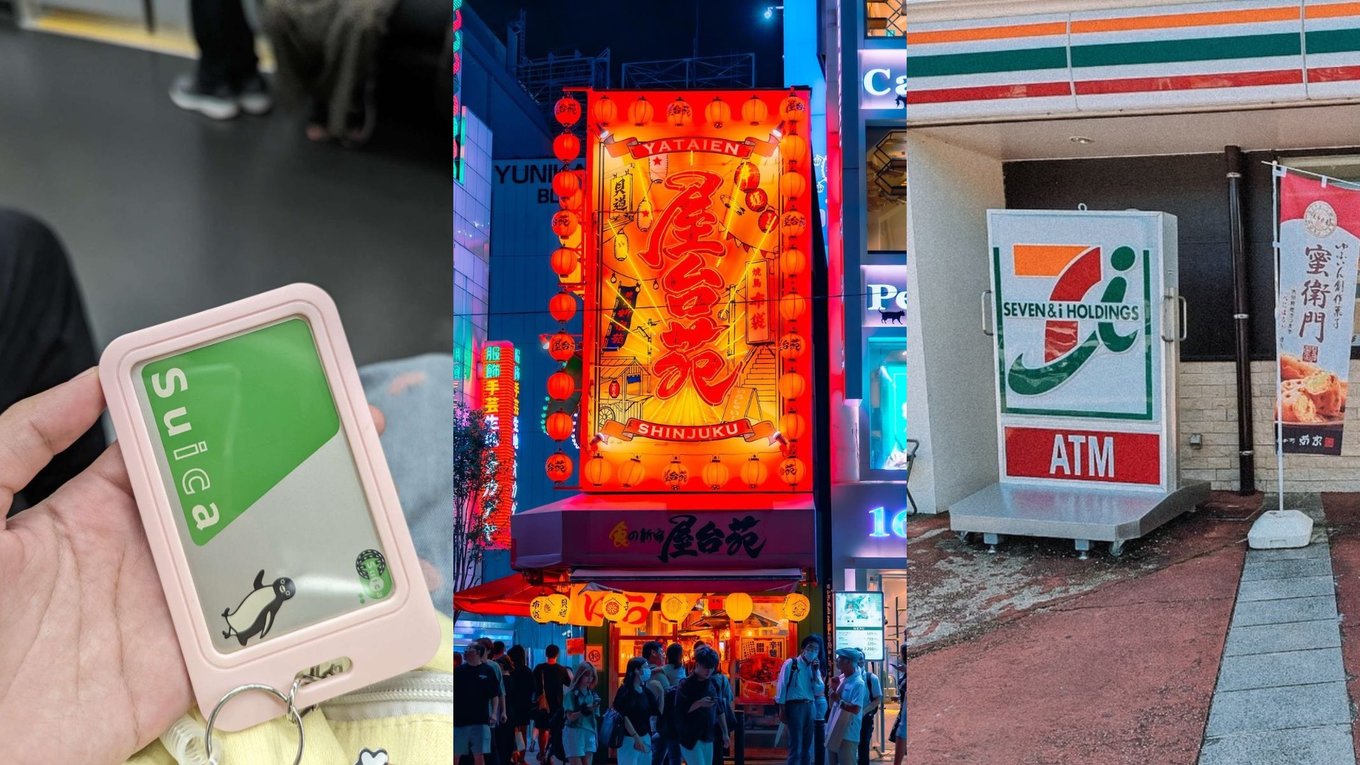
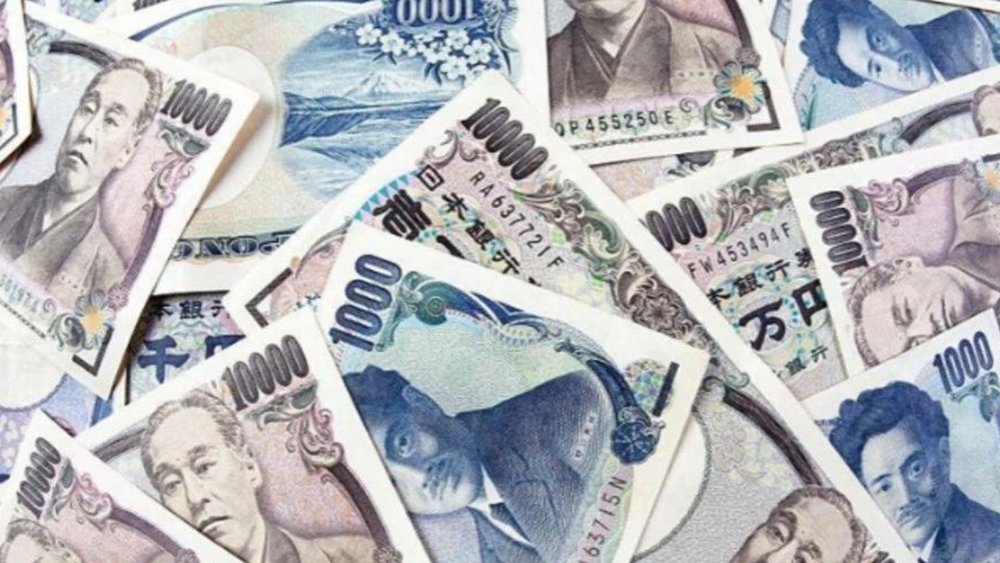
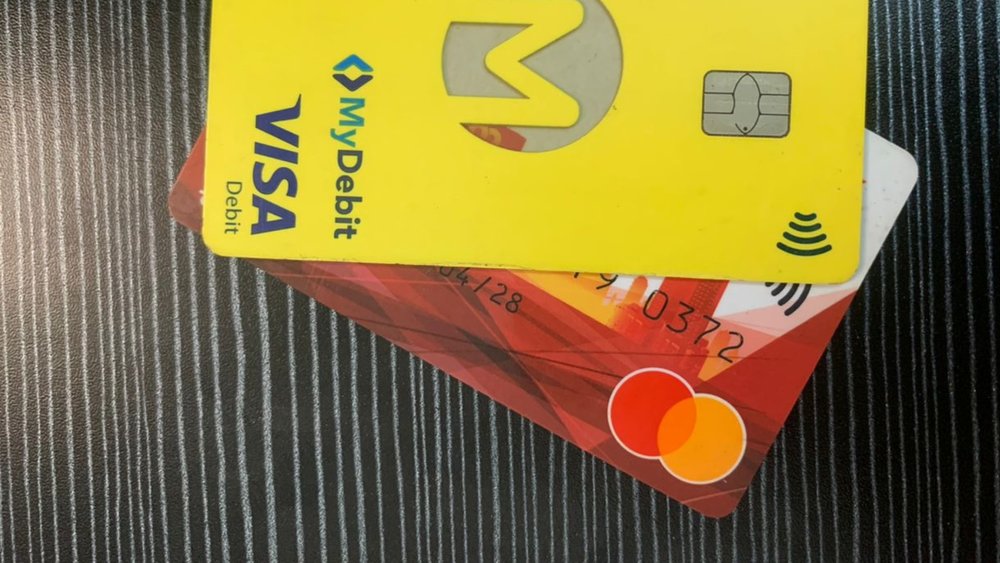
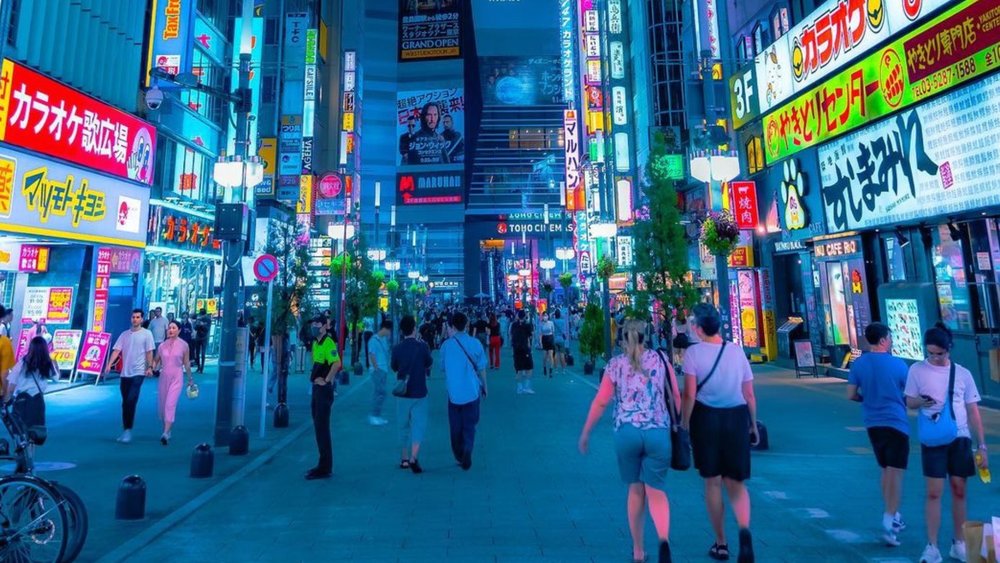
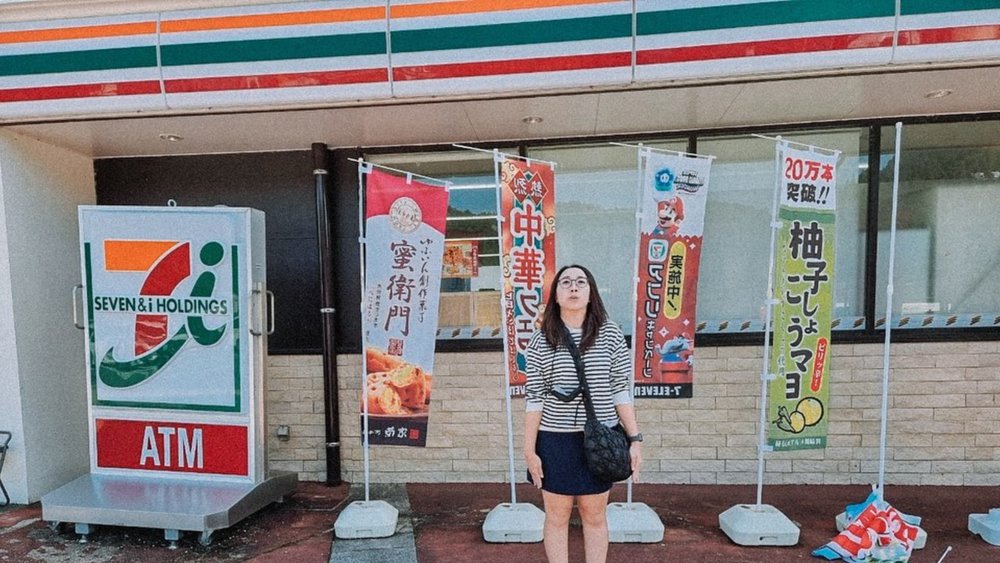
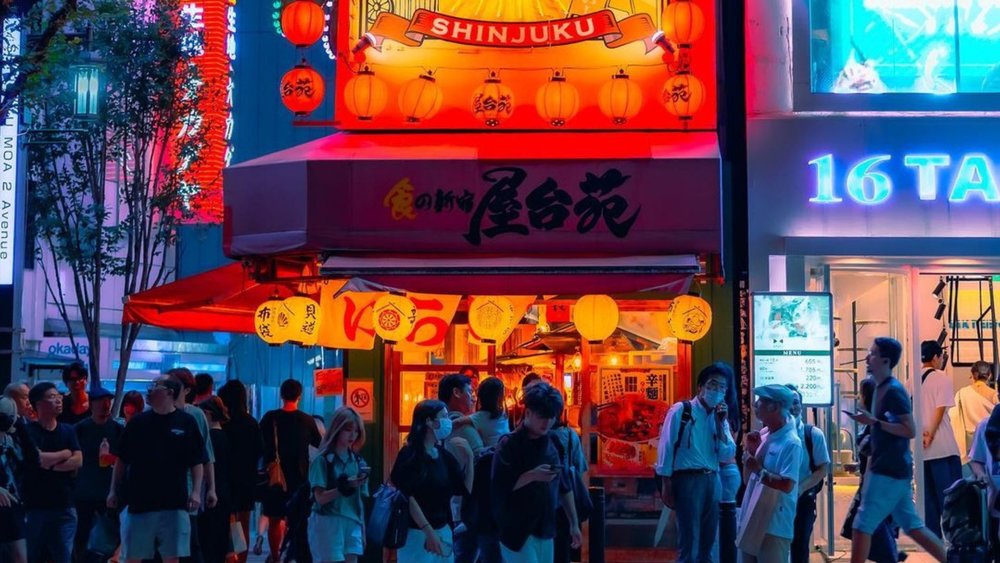
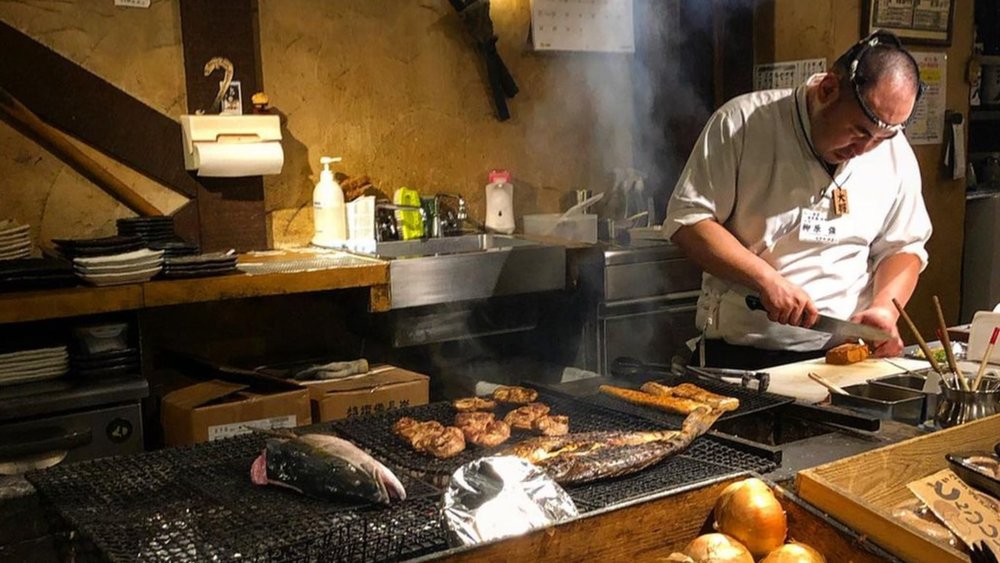

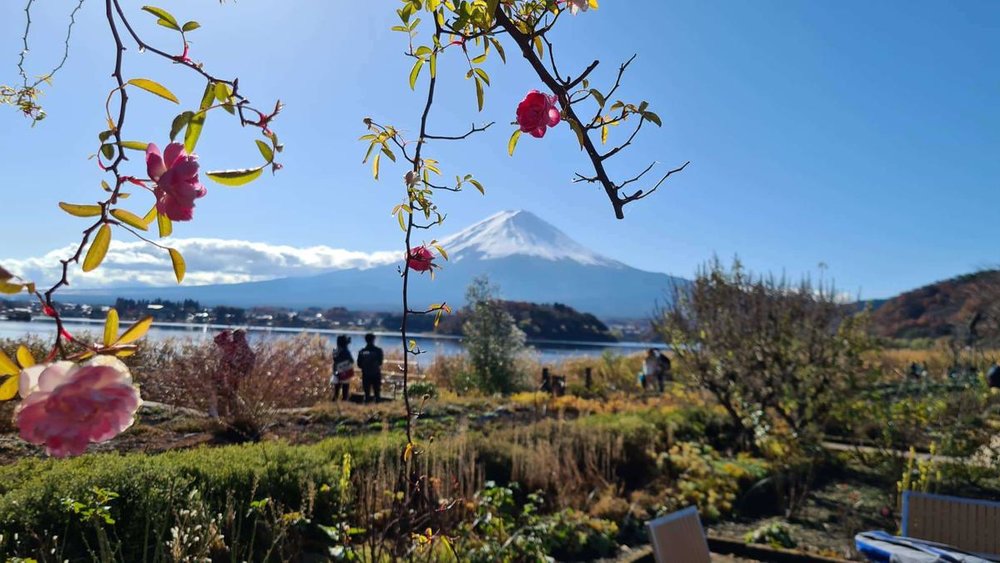
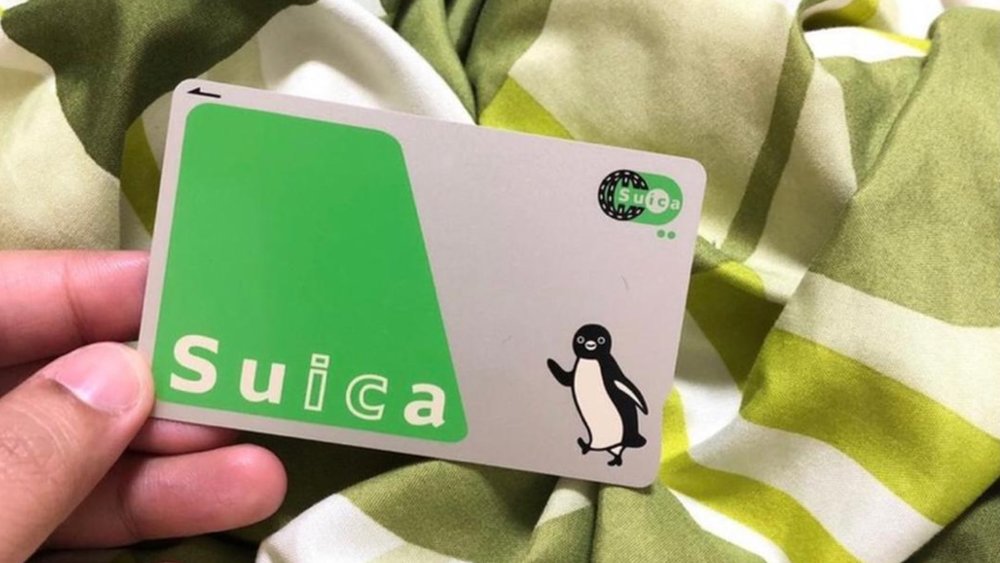
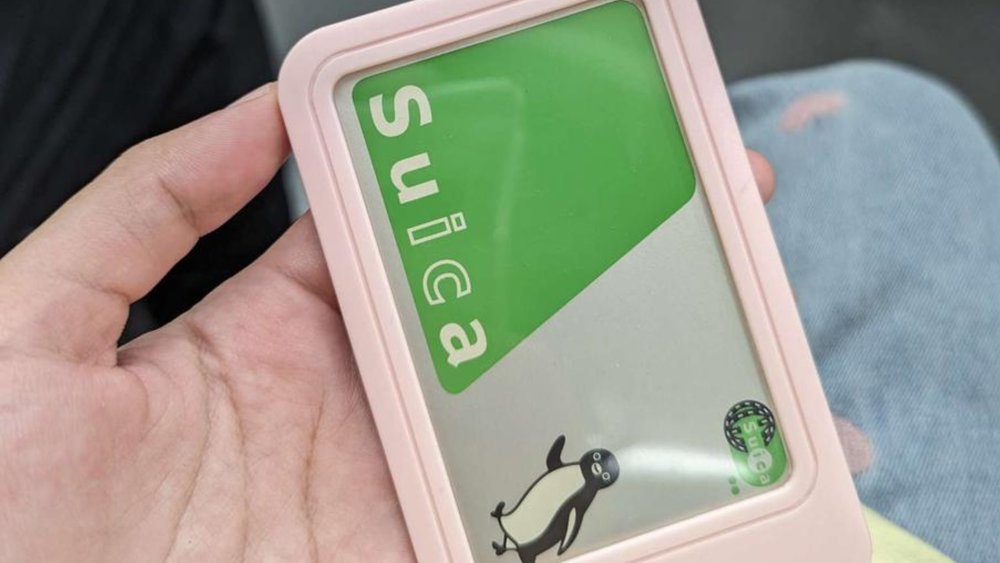

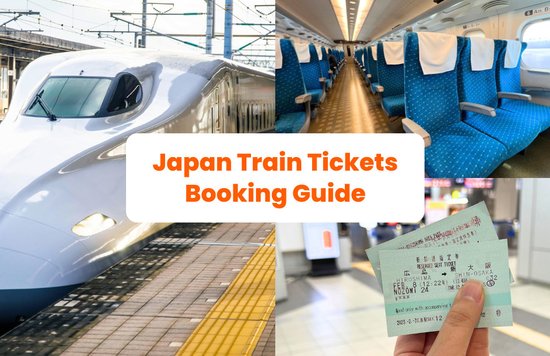



![[Updated] Complete List Of Official Nationwide MCO SOP 2021](https://res.klook.com/image/upload/fl_lossy.progressive,q_85/c_fill,w_160,h_104/v1633858858/blog/iso56uzsphmdguixkvzh.jpg)





![[Updated] Complete List Of Official Nationwide MCO SOP 2021](https://res.klook.com/image/upload/fl_lossy.progressive,q_85/c_fill,w_410,h_264/v1633858858/blog/iso56uzsphmdguixkvzh.jpg)






